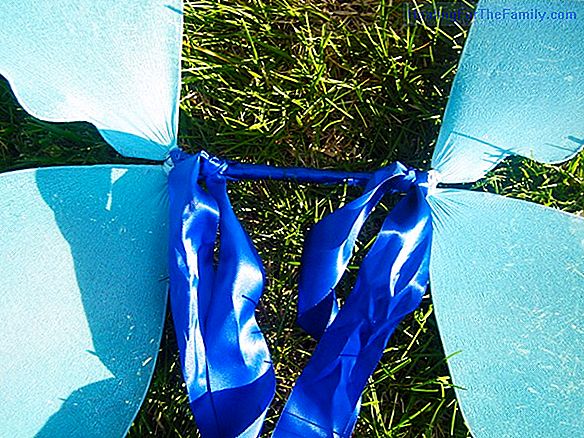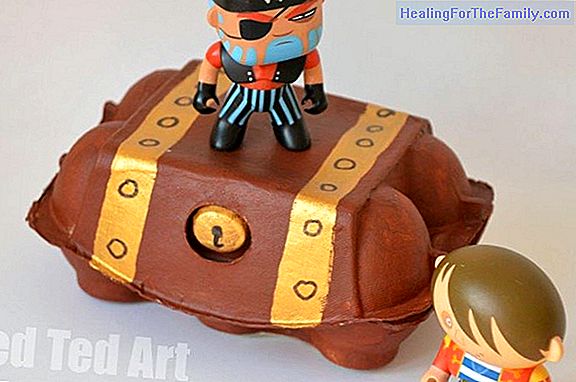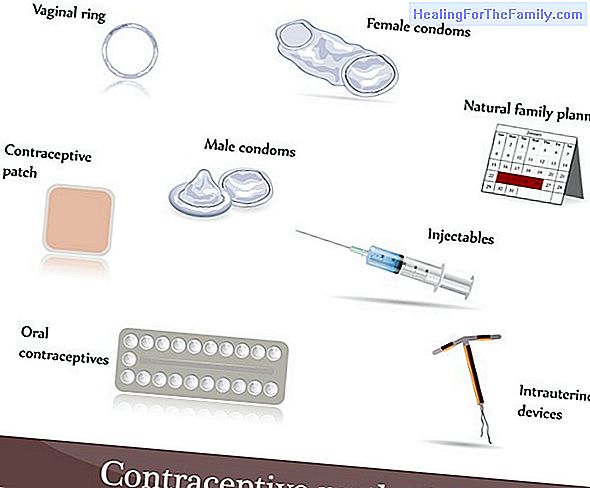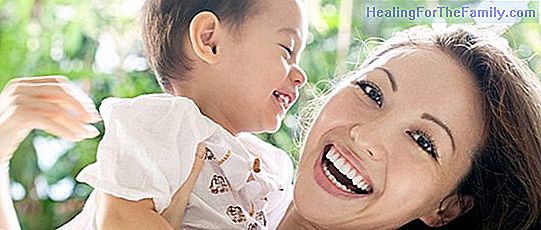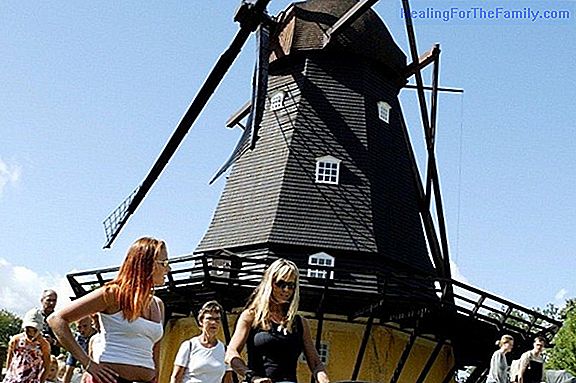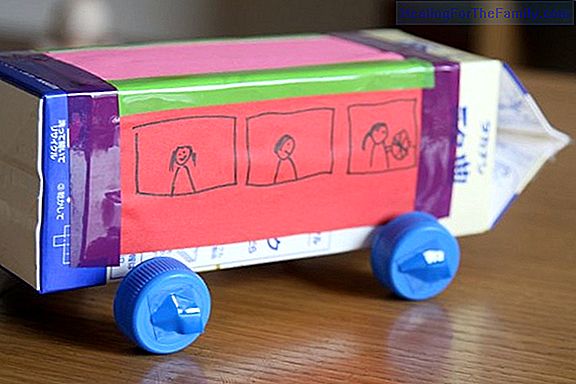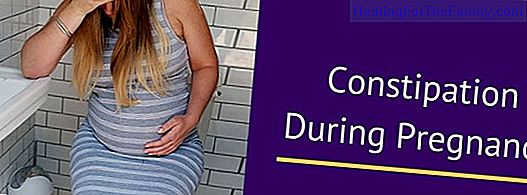Personal autonomy in children and babies
Children have to learn to sleep, to eat and wash themselves, independently and the fundamental principle to teach them personal autonomy is very simple: "when you see that your child does something Well, reward it with a praise, a smile, a hug ... " Remember that 'all behavior that receives a prize
Children have to learn to sleep, to eat and wash themselves, independently and the fundamental principle to teach them personal autonomy is very simple: "when you see that your child does something Well, reward it with a praise, a smile, a hug ... " Remember that 'all behavior that receives a prize tends to repeat itself'. Therefore, reward the behavior of children you want to be repeated. Encouraging children when they do well, is the best reward they can get and that will encourage them to repeat that feat again.
How to motivate children to improve their autonomy
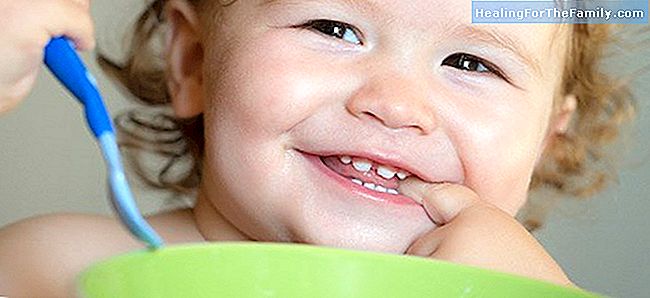
In order to motivate children for their good behavior and to encourage achievements in the area of personal autonomy, parents can act in several ways: Premios 1. Awards.
To correctly use the prize or reinforcement, it is necessary to follow some guidelines immediately, whenever the behavior or achievement appears in personal autonomy. 2. Inadequate behavior.
When your child does some inappropriate behavior, do not pay excessive attention to it. Attention is a reinforcement that increases the frequency of emission of such behavior. Remember that a child needs to receive attention from his parents. If the only one who receives is the negative (when he does something wrong), he will accept it because that is better than nothing. 3. Law of compensation.
Do not use tactics of "if you do ... I give you" ... It is a form of blackmail. 4. Clear guidelines
. The rules we give you must be very clear.5. Coherent education
. Father and mother must be coherent in the child's education, that is, they must reward or not accept the same.6. Regularity and constancy.
Parents must be constant in the positions they adopt. 7. Social relations
. Your child's relationships with other children should be encouraged8. Jealousy.
The arrival of a new sibling can cause jealousy. Invite the elderly to feel proud of being older and involve them in some care of the baby.9. Comparisons.
Do not make comparisons between brothers. 10. Avoid exaggerated paternalism.
Children are capable of complex activities ... and parents should not prevent it. Habits of autonomy for feeding children in nursery school
A fundamental part of children's education is the acquisition of habits and routines in the diet. It is part of the children's education at the School, which aims to achieve the child's autonomy in different areas. The empowerment in the child of the acquisition of correct habits of hygiene and behavior at the table is a fundamental learning for children.
- Wash hands before and after eating
- Use the bib to clean
- Properly use the various food tools (plate, spoon and fork) Mantener - Keep sitting at the table during meals
- Respect the food of the children comrades
- Collaborate in the collection tasks
Sleep habits improve children's autonomy
- Children over one year of age need at least 12 hours of sleep a day
. It is recommended to divide them between the night and one or two short naps during the day.
- The most propitious time forto put the baby to bed
of this age is that which takes place between 8:30 p.m. and 9:30 p.m. If we observe the time at which the child begins to show signs of fatigue, it is convenient to establish that time as his 'time to sleep'. - Sleep only in your crib. It is convenient that the child learns to sleep alone in his crib, so that afterwards the change from the crib to the bed is easier.
- It is convenient to accustom babies to sleep in the dark since they were little. It is also recommended to establish routines to facilitate the adaptation of the baby to school life.

